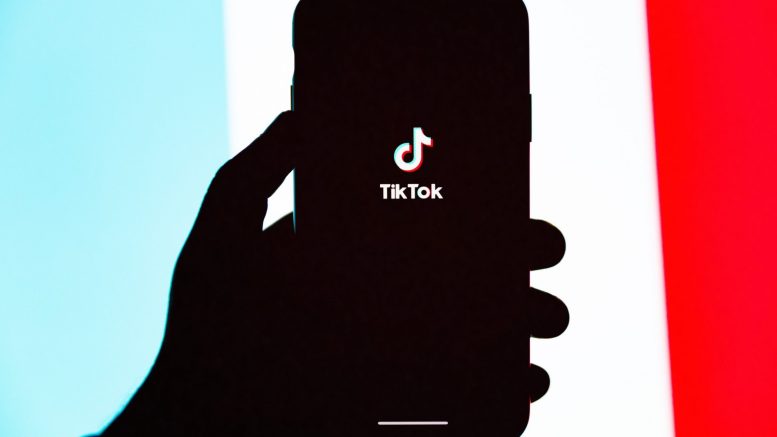Owned by the Chinese company ByteDance, TikTok is a popular app used by billions worldwide to share videos and connect with others over a global platform. In recent years, the rise of TikTok’s popularity has also created controversy about the privacy of consumer data, especially in the United States.
In April of 2023, Governor Greg Gianforte of Montana signed the “Montana Assembly Bill 419” into effect—a bill to ban TikTok in the state of Montana for good. The ban is set to take effect on January 1st, 2024. Montana is the only state in the US to have banned TikTok, although there is increasing speculation that other states could potentially implement the ban soon.
Government officials in Montana will most likely sue anyone who tries to create a replica of TikTok or decides to download the app in any way. There is a fine of $10,000 dollars per day for each time someone accesses the app illegally, including for the app store developers that share access to the app.
There are several reasons used to justify this ban. Many people believe that TikTok is not secure, and that the Chinese government is using the platform to collect personal data on its users. Others think that the app is promoting harmful trends that have led to people getting injured, even killed. However, there’s also some people who believe that platforms like TikTok can be regulated and be beneficial to the community.
Citizens of Montana have expressed their outrage over this. An official complaint was filed by Montana small business owners who use TikTok to promote their work. They state that “Montana can no more ban its residents from viewing or posting to TikTok than it could ban the Wall Street Journal because of who owns it or the ideas it publishes.”
Shou Chew, the CEO of Tiktok, has already filed a lawsuit against the state. Chew claims that the data stored by his app is not available to the Chinese government and poses a negligible risk to US national security. He has shown his support for content creators in Montana who use the platform to grow their businesses, saying that removing the app is “simply unconstitutional.”
Brooke Oberwetter, a spokesperson for the app, claims that the TikTok ban goes against the right to free speech: “We want to reassure Montanans that they can continue using TikTok to express themselves, earn a living, and find community as we continue working to defend the rights of our users inside and outside of Montana.”
It is unlikely that a full nationwide ban would take place in the future, but TikTok has been at the forefront of a large political divide about the balance between free speech and national security in the United States.
By: James Ballester, Rim Ratibi

